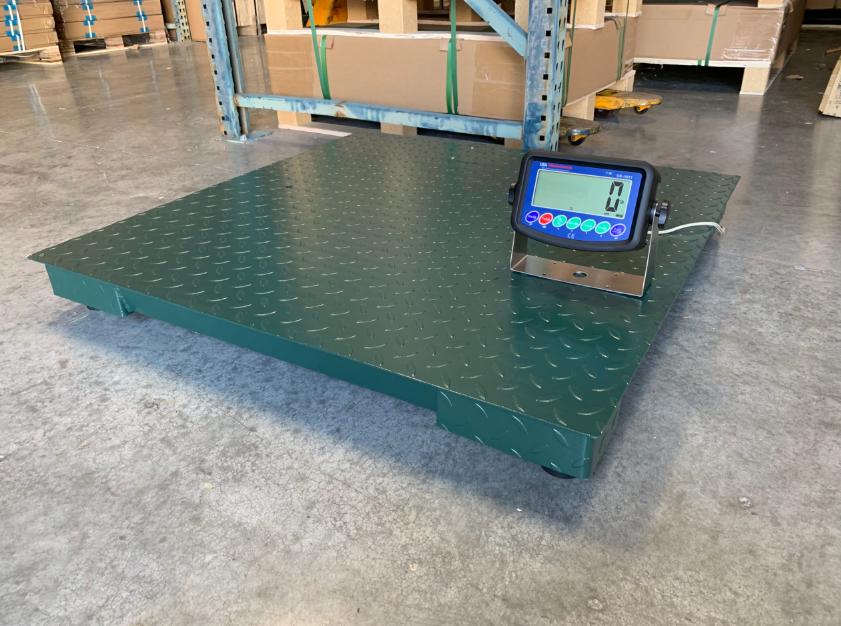Precision and efficiency are essential for maintaining productivity. Industrial scales are revolutionizing how businesses manage weighing and data tracking. Combining traditional scales with advanced technology, these smart systems offer real-time data monitoring, remote access, and automation, helping industries optimize their operations.
But how do they work, and where are they applied? This guide covers the technology and various features of industrial smart scales.
What Are Industrial Smart Scales?
These scales are an upgrade to traditional weighing systems. Unlike basic scales that only measure weight, smart weighing scales integrate sensors, software, and connectivity features to provide more detailed data.
These scales measure weight with high precision and track additional factors like load stability and environmental conditions. Connected to cloud-based software or enterprise systems, users can monitor data remotely in real-time.
The integration of Internet of Things (IoT) technology is a game-changer. It enables these scales to send instant data, making it easier for operators to access and analyze information, improving decision-making and efficiency.
How Do Industrial Digital Scales Work?
At the heart of an industrial scale is a load cell, which converts the weight on the scale into an electrical signal. This signal is processed by the scale’s software and displayed on a monitor. Smart weighing scales often have sensors that monitor temperature, humidity, and other variables that may affect the measurement accuracy.
The key feature that sets these scales apart is their ability to connect to networks or the internet. This remote capability allows businesses to track data across multiple scales or sites from a central location, enhancing operational oversight.
Key Features of Industrial Smart Scales
Here are some notable key features of these scales:
1. Real-Time Data Monitoring
These scales provide instant feedback on the weight of materials or products, reducing human error and improving production efficiency. Real-time monitoring enables quick responses to any discrepancies.
2. Automated Data Collection
Unlike traditional scales, which require manual data entry, smart scales automatically record and store data for future analysis. This reduces staff workload and minimizes errors.
3. Remote Monitoring
These scales can be accessed remotely via cloud-based systems. This is especially beneficial for large facilities or operations spread across different locations, allowing managers to monitor performance from anywhere.
4. Seamless Integration
Smart weighing scales can integrate with other systems, such as inventory or production management software, ensuring streamlined operations and data consistency across various departments.
5. Precision and Calibration
Smart weight measuring scales offer high precision and automated calibration, ensuring accurate measurements over time. This is crucial for industries where precise measurements are vital.
The Future of Industrial Smart Scales
As technology advances, the future of industrial scales is bright. With AI and machine learning integration, these scales will become more intelligent, predicting potential issues and optimizing processes. Monitoring additional parameters like equipment wear and environmental conditions will further enhance their value.
Conclusion
Industrial smart scales are transforming industries by offering accurate, real-time data, automation, and remote monitoring. They are valuable tools for sectors like manufacturing, logistics, food processing, and warehousing.
With continuous technological advancements, industrial weighing scales will further enhance operational efficiency, reduce errors, and help businesses make more informed decisions. These scales are not just weighing tools—they are powerful assets driving global industry innovation.

